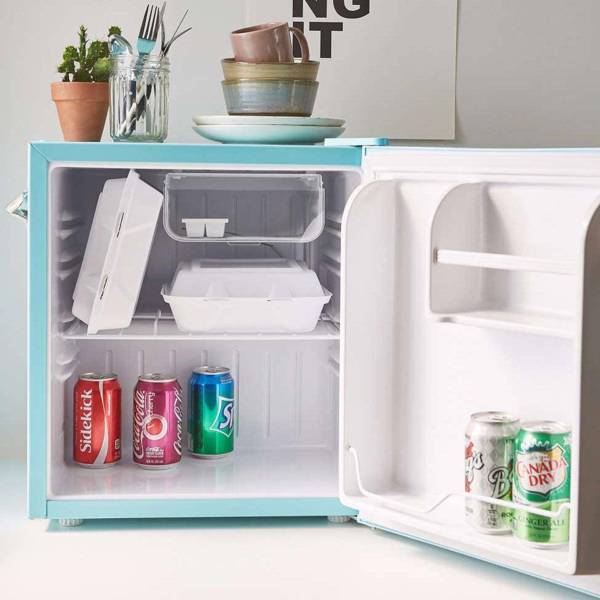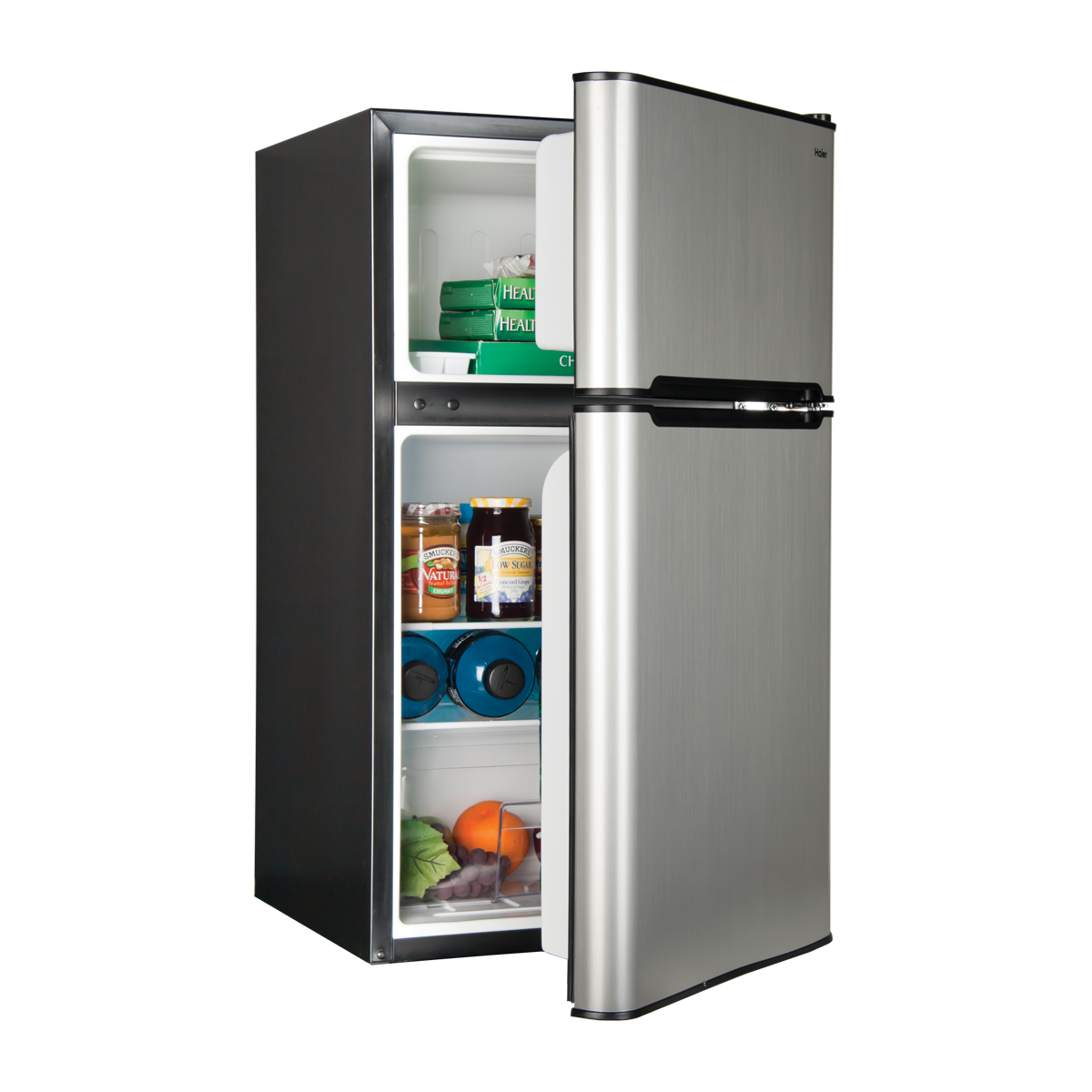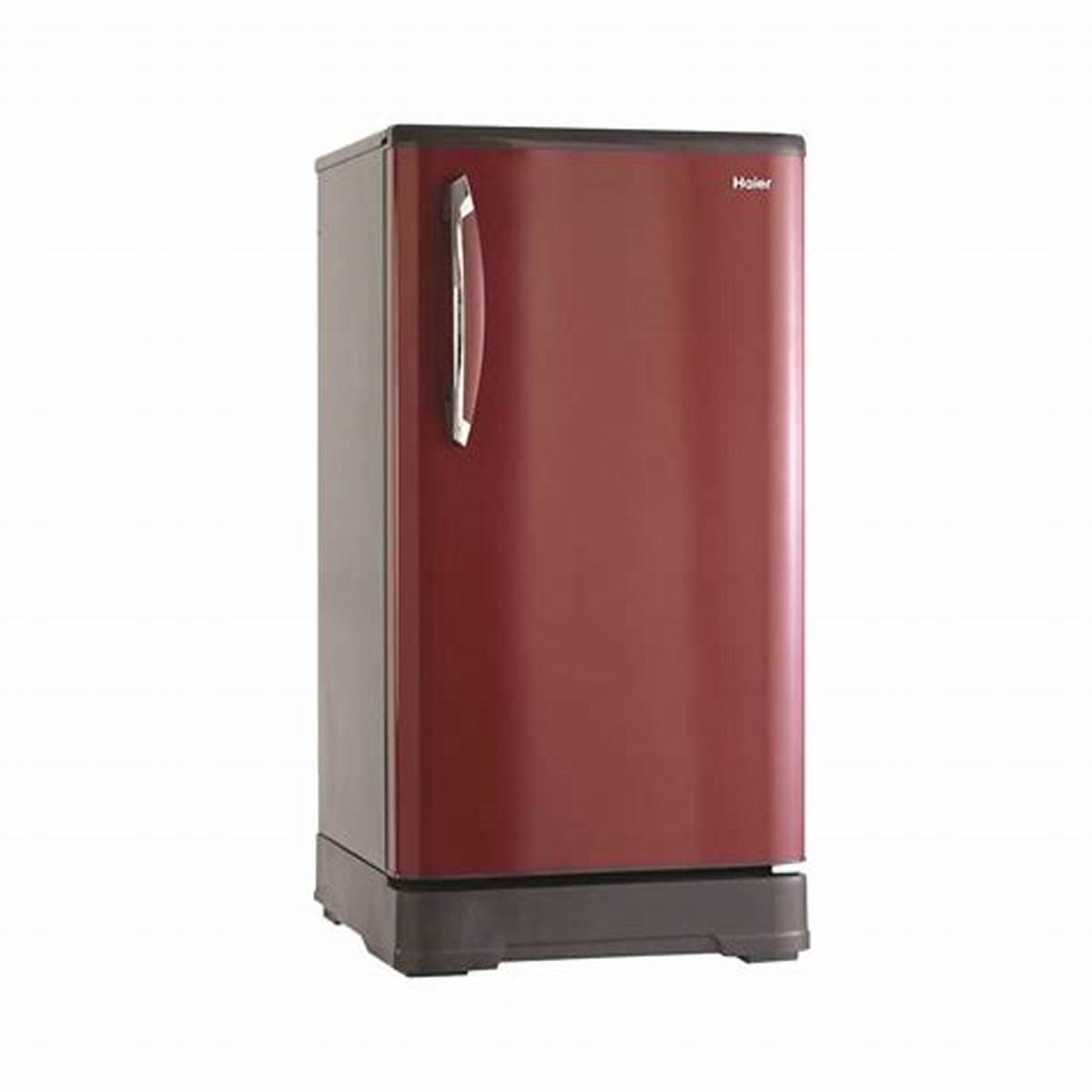Refrigerator pickles are a tasty, vibrant addition to many dishes, ranging from sandwiches to salads. But how long are refrigerator pickles good for? This question piques the interest of anyone who loves homemade pickling but isn’t sure about the shelf life of their creations. Read on to explore the science behind refrigerator pickles, tips for extending their freshness, and how to ensure they remain delicious and safe to eat.
The Basics of Refrigerator Pickles
Refrigerator pickles differ from traditional canned pickles in that they are not subjected to a heat-processing method like water bath or pressure canning. Instead, they are simply submerged in a brine solution and stored in the refrigerator. This process is faster and easier but typically results in a shorter shelf life compared to canned pickles.
Generally, refrigerator pickles are good for up to 2-4 weeks when stored properly in a tightly sealed container. The acidity of the vinegar in the brine acts as a preservative, but without the heat-processing, the protective qualities are limited. Therefore, while these pickles are safe to consume for a few weeks, they need to be monitored for any signs of spoilage. Understanding these basics sets the stage for maintaining the quality and safety of refrigerator pickles.
Factors Affecting Shelf Life
Several factors can influence the shelf life of refrigerator pickles. The first is the type and concentration of the brine. A stronger vinegar solution can prolong the pickles’ shelf life, as higher acidity levels inhibit bacterial growth more effectively. Similarly, adding more salt to the brine can enhance preservation.
The freshness of the cucumbers or other vegetables used also plays a critical role. Fresh, high-quality produce will naturally last longer when pickled. Additionally, ensuring that all equipment, including jars and utensils, is thoroughly sanitized before use can prevent contamination that could lead to quicker spoilage. By managing these factors, you can extend the life of your refrigerator pickles and keep them tasting great for longer.
Storage Conditions
Proper storage conditions are crucial for extending the shelf life of refrigerator pickles. The ideal storage temperature is between 35°F and 40°F (2°C to 4°C). Keeping the pickles consistently cold helps slow down any potential bacterial growth. Use airtight containers to prevent exposure to air, which can degrade the quality and freshness of the pickles.
Additionally, store the pickles in a dark or low-light area of the refrigerator. Light exposure can cause changes in color and flavor, affecting the overall quality of the pickles. Proper storage practices ensure that your pickles remain crisp, flavorful, and safe to eat for as long as possible.
Signs of Spoilage
Monitoring refrigerator pickles for signs of spoilage is essential to ensure they are safe to eat. Common indicators include changes in color, texture, and odor. If the pickles become mushy or slimy, it’s a sign that they are deteriorating. Similarly, an off or unpleasant smell indicates spoilage.
Check for visible mold, which can appear as fuzzy spots on the surface of the pickles or brine. If mold is present, it’s safest to discard the entire batch to prevent the risk of foodborne illness. Keeping an eye out for these signs helps you determine if your pickles are still good to consume.
Extending Freshness: Tips and Tricks
Several tips and tricks can help extend the freshness of refrigerator pickles. First, consider using a vacuum sealer to remove air from the pickle jars, further reducing the risk of spoilage. Another strategy is to add natural preservatives like garlic, horseradish, or mustard seeds to the brine, which have antibacterial properties.
Using the freshest possible ingredients also plays a significant role. The fresher the vegetables, the longer the pickles will last. Sterilizing jars and lids before use can minimize the risk of introducing bacteria into the mix. Finally, always use clean utensils when handling pickles to avoid contamination. Implementing these tips ensures your refrigerator pickles stay fresh and tasty for a longer period.
Comparing Refrigerator Pickles to Canned Pickles
Canned pickles typically have a much longer shelf life compared to refrigerator pickles, often lasting up to a year or more when stored properly. The heat-processing involved in canning kills bacteria and seals the jars, creating a vacuum that keeps out new bacteria and mold. However, this process also affects the texture and flavor of the pickles, resulting in a softer, sometimes less crisp product compared to refrigerator pickles.
Refrigerator pickles retain a fresher taste and crisper texture due to their short-term brining and lack of heat processing. However, this means they must be eaten more quickly. Each method has its benefits and drawbacks, but understanding these differences helps you choose the right pickling method for your needs.
Safety Considerations
Maintaining food safety is paramount when dealing with refrigerator pickles. Because they lack the extensive preservation measures of canned pickles, they are more susceptible to bacterial growth if not handled and stored correctly. Always start with fresh, unblemished vegetables and thoroughly clean all utensils and containers.
When making the brine, ensure you use an adequate amount of vinegar to achieve the necessary acidity level for preservation. Following tested recipes designed specifically for refrigerator pickles can help guarantee the right balance of ingredients. Keeping these safety considerations in mind prevents potential health risks and ensures your pickles are safe to consume.
Flavor Enhancements
Beyond basic preservation, certain ingredients can enhance the flavor and longevity of refrigerator pickles. Spices such as dill, garlic, peppercorns, and bay leaves not only add flavor but also possess natural antibacterial properties. Experimenting with different spice combinations can create a unique and tasty pickle while also extending its shelf life.
Sugar can also be added to the brine to balance out the vinegar’s acidity and add depth to the flavor. However, be cautious not to add too much sugar, as it can encourage bacterial growth if not balanced properly with acidity. Mindfully enhancing flavors while maintaining preservation balance ensures delicious and long-lasting refrigerator pickles.
Using Pickles in Recipes
Refrigerator pickles are versatile and can be used in a variety of recipes. From enhancing sandwiches and burgers to adding tangy notes to salads and relishes, the applications are endless. The key to maximizing their use is understanding their shelf life and incorporating them into dishes while they are at their freshest.
Create fresh and zesty pickled vegetable medleys to serve as side dishes or garnishes. Use the brine to add flavor to dressings and marinades. Incorporating refrigerator pickles into your meals ensures they are consumed within the optimal timeframe and adds a delicious, tangy twist to your cooking.
Sustainability and Homemade Pickling
Making refrigerator pickles at home not only offers culinary enjoyment but is also a sustainable choice. Utilizing excess garden vegetables or produce box deliveries reduces waste and provides a way to enjoy seasonal produce year-round. The process of homemade pickling encourages mindful food consumption and supports sustainable living practices.
Additionally, homemade pickling allows for complete control over the ingredients, ensuring no artificial preservatives or excessive sugars are used. Embracing homemade refrigerator pickling contributes to a sustainable lifestyle while offering delicious rewards.
 Dealing with Leftovers
Dealing with Leftovers
If you find yourself with an excess of refrigerator pickles nearing their shelf life, consider creative ways to use them up or share them. Create homemade pickle relishes or spreads to enjoy the pickles in a new form. Host a pickle-tasting party, sharing your creations with friends and family.
Pickles can also be an excellent addition to gift baskets or potluck dishes, offering a homemade touch that others can enjoy. Utilizing leftover pickles in creative ways ensures they are consumed within their optimal shelf life and reduces food waste.
Exploring Different Vegetables
Cucumbers are the most commonly pickled vegetable, but many other vegetables are suitable for refrigerator pickling. Try pickling carrots, green beans, radishes, or even cauliflower. Each vegetable brings its unique flavor and texture, expanding your pickling repertoire and ensuring a variety of delicious pickles to enjoy.
By experimenting with different vegetables, you can discover new favorites and create a diverse collection of refrigerator pickles. This variety keeps your culinary creations exciting and encourages the consumption of various healthy vegetables.
Conclusion:
Maximizing Shelf Life and Flavor
In conclusion, understanding how long are refrigerator pickles good for involves considering various factors including the freshness of ingredients, the strength of the brine, and proper storage conditions. Generally, refrigerator pickles last up to 2-4 weeks when stored correctly, but monitoring for signs of spoilage is crucial to ensure safety. Extending their freshness can be achieved through pre-wash checks, proper brine strengths, and regular monitoring.
With this knowledge, you can confidently enjoy your refrigerator pickles, maximizing both their shelf life and delicious flavor. Employing best practices in making and storing refrigerator pickles ensures that each bite is crisp, tangy, and safe to consume, providing a delightful addition to your meals while minimizing waste and promoting sustainability.


